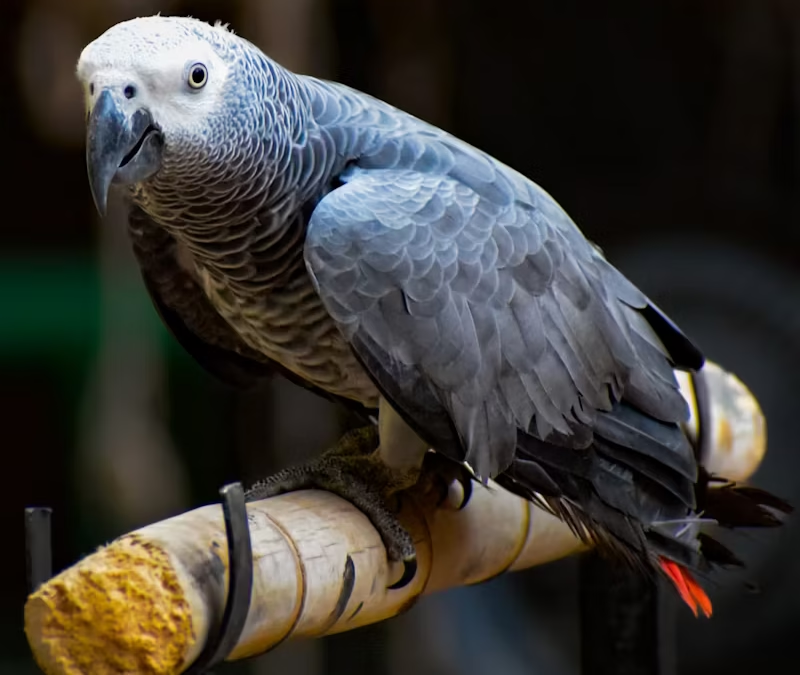Parrot Health
Parrot Health, Owning a parrot is an incredibly rewarding experience, but it comes with significant responsibility. Ensuring your feathered friend’s health is paramount. This guide will provide you with essential information on maintaining optimal parrot health.
Key Aspects of Parrot Health:
Nutrition: Proper nutrition is the cornerstone of a healthy parrot. A balanced diet of quality pellets, fresh fruits and vegetables, and nutritious treats here and there is vital. Avoid giving processed foods, foods high in sugar, or poisonous foods like chocolate and avocado.
Exercise: Parrots are very active creatures and require routine exercise. Provide ample climbing, chewing, and flying activities. Time outside the cage is needed for physical as well as mental stimulation.
Mental Stimulation: Parrots are smart birds and require mental stimulation. Provide a variety of toys, puzzles, and interactive activities to challenge their minds.
Social Interaction: Parrots are social birds and enjoy socializing with their human family. Spend quality time with your parrot daily, playing, training, and grooming.
Environmental Enrichment: Create a stimulating and enriching environment for your parrot. This includes a big cage, perches of varying textures and sizes, and interesting toys.
Regular Veterinary Checkups: Take your parrot to an avian veterinarian regularly for checkups. Prevention and early detection are key to maintaining your parrot’s health.
Common Health Issues in Parrots:
Feather Destructive Behaviors (FBD): This can include feather plucking, chewing, and self-mutilation.
Psittacosis (Chlamydiosis): A bacterial infection that can affect parrots.
Avian Influenza: An infectious viral disease.
Nutritional Deficiencies: Inadequate diet can lead to a range of health problems.
Respiratory Infections: Parrots can be susceptible to respiratory infections.
Signs of a Healthy Parrot:
Alert, bright eyes
Smooth, shiny feathers
Good appetite and energy
Clean bill and feet
Playful, active behavior
Preventive Measures:
Quarantine new birds: Isolate new birds from other pets for a minimum of 30 days.
Practice good hygiene: Wash your hands thoroughly after contact with your parrot or its belongings.
Maintain cleanliness: Keep your parrot’s cage and surrounding areas clean and sanitized.
Make the environment stress-free: Minimize stress for your parrot by keeping their living space peaceful and secure.
By following the guidelines above and giving your parrot the best of care, you can help them live a long, healthy, and happy life.

